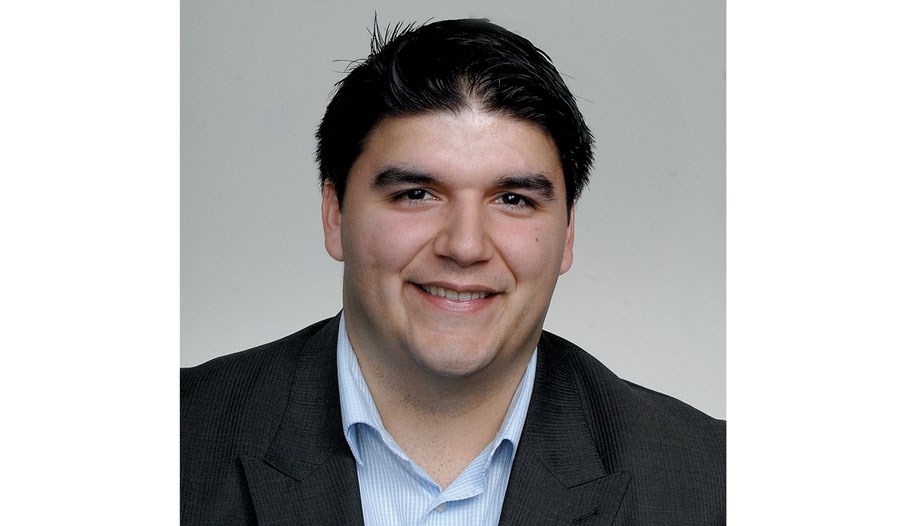Someone reminded me the other day that municipal elections are fast approaching. In the midst of all the other news items at home and around the world, I'd nearly forgotten about them. Of course, I also haven't heard anything truly noteworthy in regards to local politics in some time, which is to be expected given the nature of Prince George.
The fact of the matter remains that the population of our fair city, as well as the people we elect to that unattractive building on George Street, haven't decided which direction to go yet. From the haphazard way our city is planned to the various pet projects of interest groups throughout town, it's clear that there is a lack of consensus about what Prince George is, let alone what it wants to be. How does one develop a consensus at the municipal level? Simple: establish a ward system.
Many might question the wisdom of using a ward system in a town of 80,000 people, and I would advise those same people to have their brains checked for fluoride poisoning. Prince George's city limits and immediate liabilities dwarf the "cities" and "townships" of the Lower Mainland, and yet, it has zero designated areas of representation. It may come as a surprise to the people of the klatch downtown, but the concerns of citizens across the city change from neighbourhood to neighbourhood, if not block to block. People deserve to know who is directly responsible for representing their concerns, ensuring their services, and guarding their tax dollars so that they can do the democratic thing and turf that person when he or she fails to live up to their expectations. Full stop.
A ward system is not only a guaranteed way to bring up the quality of governance while keeping costs down, it is also a great way to get young people involved. Wards make populations more concentrated, therefore allowing aspiring politicians to focus their campaign on a certain neighbourhood instead of wasting their money and time posting signs all over town. Campaigns will grow smaller in size and cost, while increasing in the number of candidates and the quality of their ideas.
Of course, I'm sure there are still doubtful, fluoride inebriated readers among you. If there are wards, how are we supposed to elect the mayor? Well that's simple - the mayor's land base will be downtown, industrial sites, etc., and their electoral legitimacy will be garnered by a run-off ballot in each of the wards. The simplicity and genius of the idea is obvious to those of us raised on well-water: Mayors are supposed to be representative of the entire city, and so their election should be determined by winning-over a majority of voters throughout Prince George. A run-off ballot will allow people to weight their ballots from ideal to least-of-the-evils, all the while giving the diverse and unique neighbourhoods the opportunity to shape the course of Prince George and our mutual futures.
To be clear, I don't expect anyone to latch onto this idea. After all, those who have the most to lose from this arrangement are the people that need to enact it. But for the sake of Christian charity, I extend a hopeful hand to my city-water soaked opponents - can't we give "power to the people" a chance?
With the abysmal turnout in municipal elections to date, and the constant cynical tone that people use when addressing city hall (this article wholly notwithstanding), it might be time to change the system. It sounds like a funny notion, but giving people more responsibility instead of less might be the key to better voters, and, therefore, better politicians.



